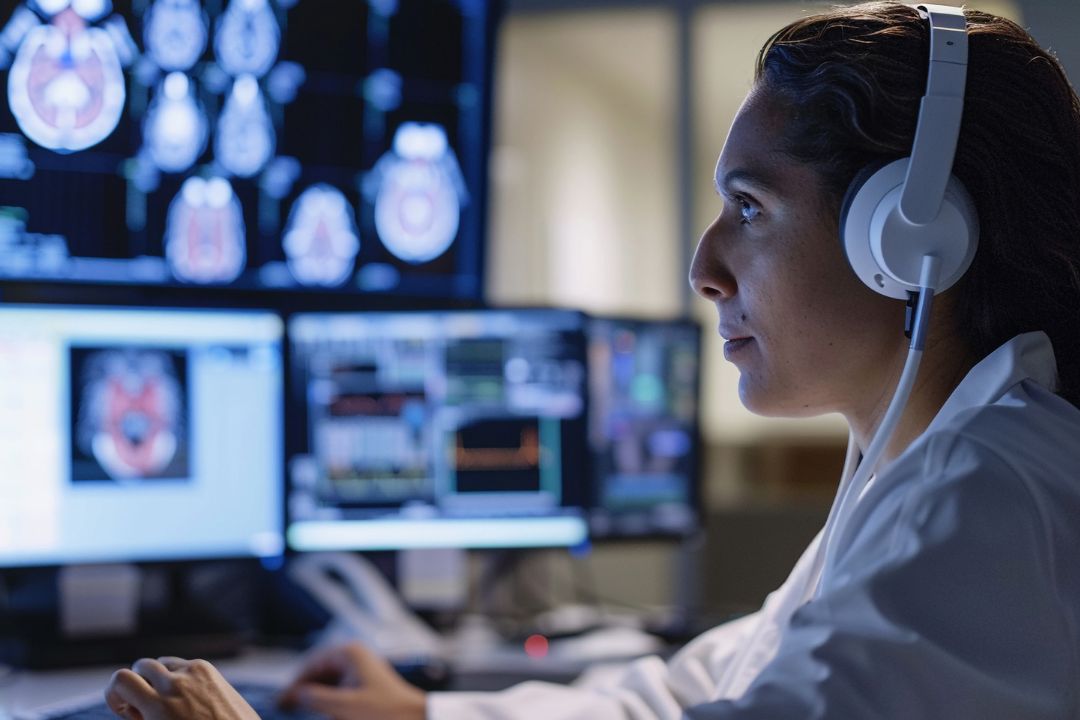23rd January 2024
Your one-point entry in the healthcare market.
Do you want to fast-track your Digital Health innovation? Do you want to validate the concept in a real environment with the stakeholders that really matter? Then you are in the right spot, and Digivitality is the next step on your path to success.

Digivitality is designed specifically for Digital Health innovations addressing real-life challenges of the hospitals and MedTech corporations., our program is the catalyst for groundbreaking technologies. Whether you’re a startup, spin-off, or SME operating in the digital health sector, this program is your dedicated support for advancing and implementing transformative solutions.

Are you ready?
What’s in it for You?
- Direct access to corporations to develop and validate the business case for pilot collaborations
- Direct connections to hospitals and patients to validate clinical needs
- Accelerated business growth and guidance to scale up your business
Next steps:

Unlock Your Potential with the Open Innovation Digital Health Acceleration Program – We are looking for companies:
- Based in a Central European country*
- Established within the last 7 years (since January 1, 2017)
- Advancing innovation at a minimum Technology Readiness Level (TRL) of 4
- Eager to engage in the open innovation process
- Ready to collaboratively develop your innovation with ongoing insights from MedTech corporations and hospitals
Challenges:
The digital health sector faces numerous challenges that are pivotal to the advancement of healthcare technology. These challenges span various departments and fields, each requiring a unique approach. We are looking for startups that will focus on providing solutions in specific areas:
- Telemedicine:
- Educational apps: developing apps focused on health awareness, prevention, and early detection for general public health education.
- Medication management apps and systems: innovating software solutions for medication adherence, crucial in chronic disease management and elderly care.
- Remote patient monitoring: implementing systems for monitoring vital signs and skin changes, especially in dermatology, (diabetes) wound care, and elderly care.
- Patient engagement apps: creating applications for patient engagement, particularly in chronic disease management like cancer, diabetes, stroke survivors, etc.
- Teleconsultations
- Digital integration in ehr (electronic health records):
- Patient monitoring tools and wearables: integrating these devices into EHR, particularly for continuous patient care.
- Hospital infrastructure: enhancing infrastructure for telemedicine integration, including teleconsultations, secure chats,…
- Medical imaging and equipment data: incorporating high-resolution images (CT, MRI, x-rays) and equipment data (EKG) into EHR
- Data management:
- Standardized data format: crucial in ensuring interoperability between different health information systems and technologies. It involves the development of universal protocols for data entry, storage, and exchange, enabling seamless integration and efficient communication across various healthcare departments.
- Real-time information sharing: critical for emergency and trauma care.
- Cross-department data management: ensuring effective data flow between various departments and institutions such as hospitals and elderly care facilities.
- Data analytics and AI: utilizing collected data and AI for enhanced decision-making processes and outcome predictions in clinical and administrative departments.
- Data security:
- Compliance with digital solutions: focusing on data security in the implementation of new digital health solutions.
- QMS tool development: tailoring quality management systems (QMS) for early-stage development in compliance with MDR regulations.
- Patient data anonymization: securely sharing patient data across departments while maintaining privacy.
- Other challenges:
- Laboratory process automation: streamlining operations in hospital laboratories.
- Rapid infection testing: developing precise tests for better antibiotic usage, crucial in microbiology and infectious diseases, battling antibiotic resistance.
- Wheelchair management system: wheelchair management includes features such as real-time monitoring of wheelchair conditions, automated alerts for maintenance, and user feedback mechanisms
Each of these challenges represents a unique opportunity for innovation and improvement in the digital health sector, directly impacting various medical fields and departments.
This activity is implemented in the framework of the project DIGIVITALITY and is co-financed by the European Union. You can find out more about the project here: https://www.interreg-central.eu/projects/digivitality/.
* Poland, Czechia, Slovakia, Slovenia, Hungary, Croatia, Austria, Germany (only: Stuttgart, Karlsruhe, Freiburg, Tübingen, Oberbayern, Niederbayern, Oberpfalz, Oberfranken, Mittelfranken, Unterfranken, Schwaben, Berlin, Brandenburg, Mecklenburg-Vorpommern, Braunschweig, Dresden, Chemnitz, Leipzig, Sachsen-Anhalt and Thüringen), Italy (only: Piemonte, Valle d’Aosta/Vallée d’Aoste, Liguria, Lombardia, Provincia Autonoma di Bolzano/Bozen, Provincia Autonoma di Trento, Veneto, Friuli-Venezia Giulia, Emilia-Romagna)
New data shows AI innovation needs skills beyond coding

The largest live dataset of AI start-up talent analysed.
Europe's top health start-ups take centre stage: EIT Health Catapult winners are revealed at HLTH Europe

2025 Catapult programme winners announced.
Finding Europe’s next healthtech leaders: Insights from Antoine D’Hollander

Insights from Antoine D’Hollander, Capricorn Partners.